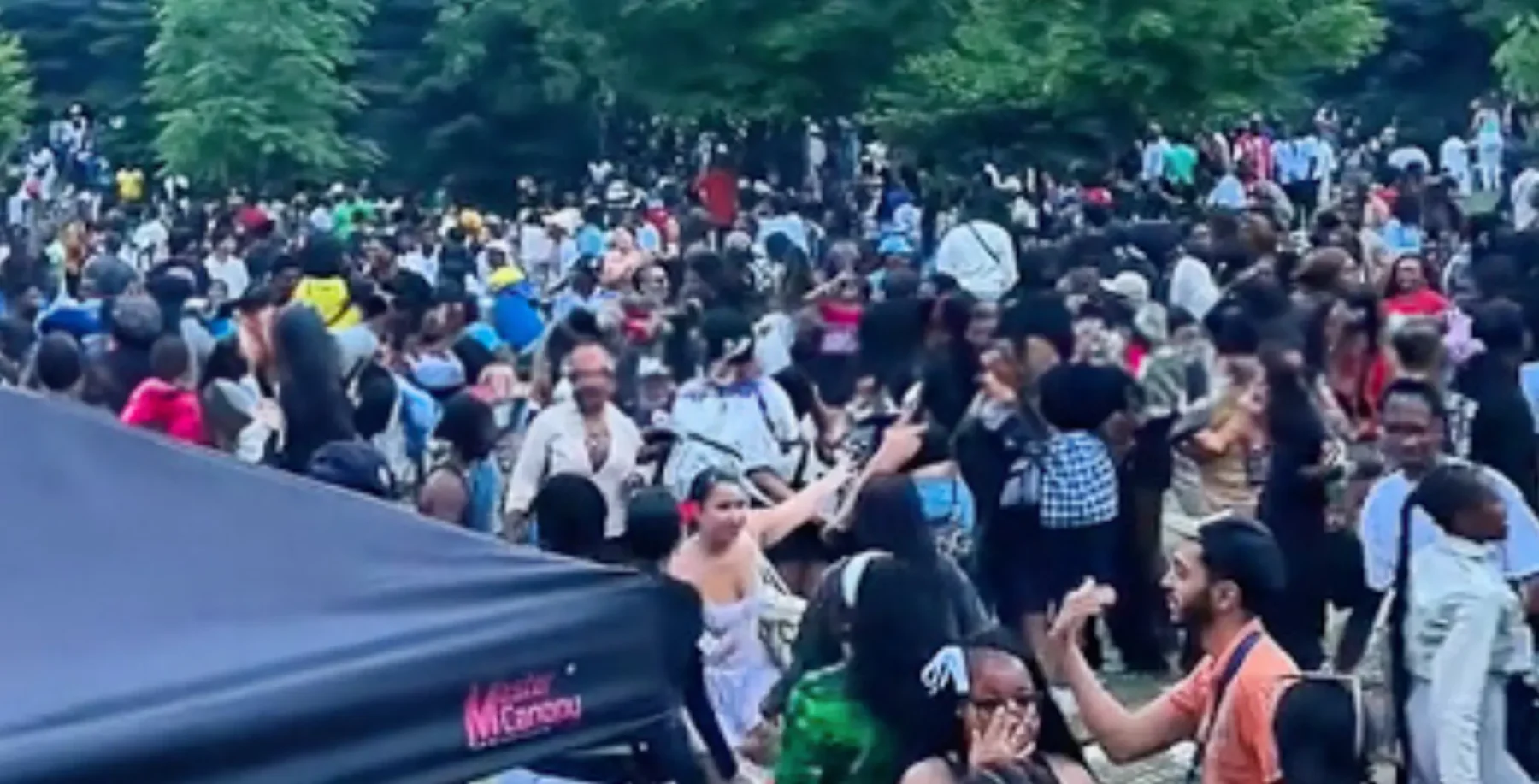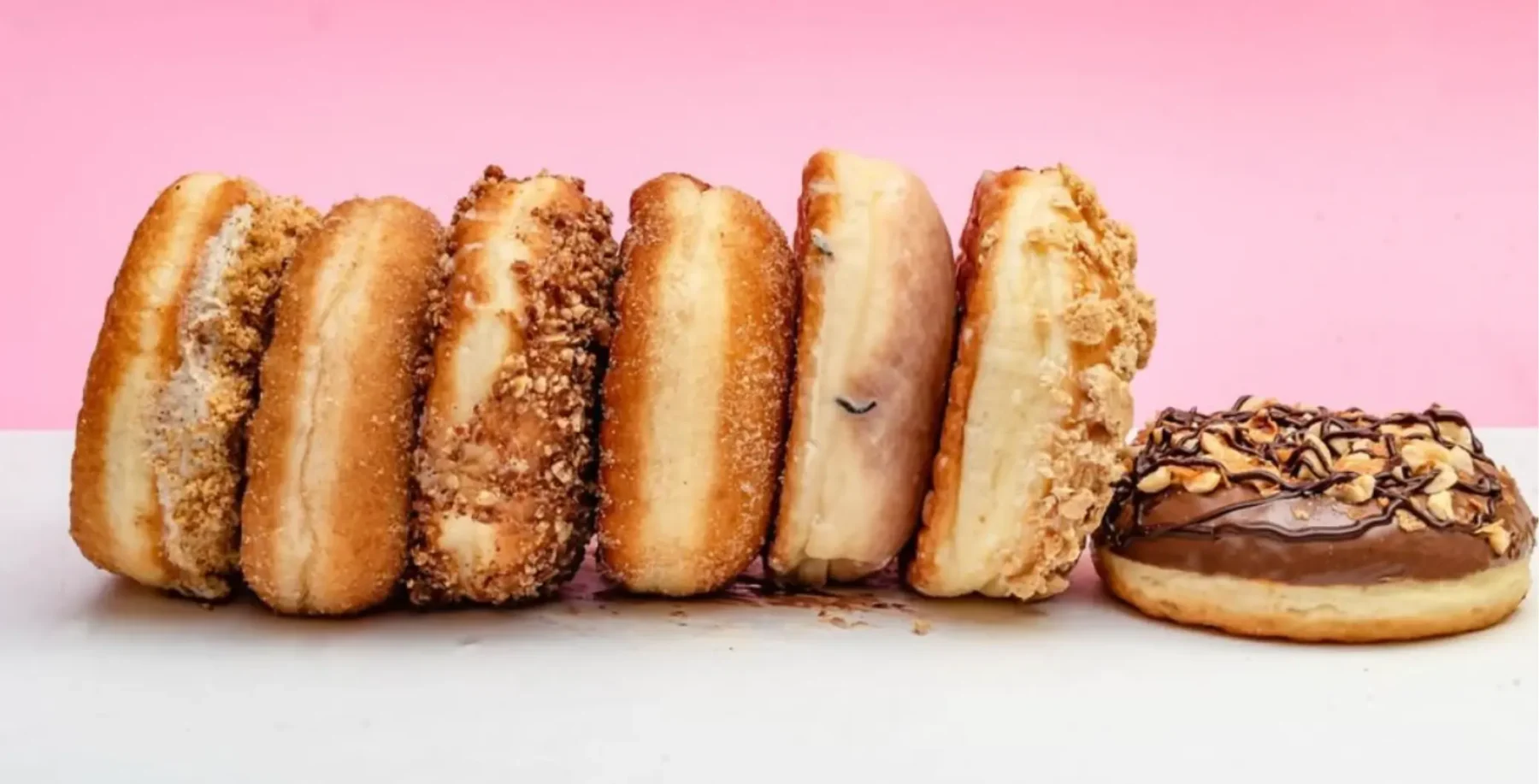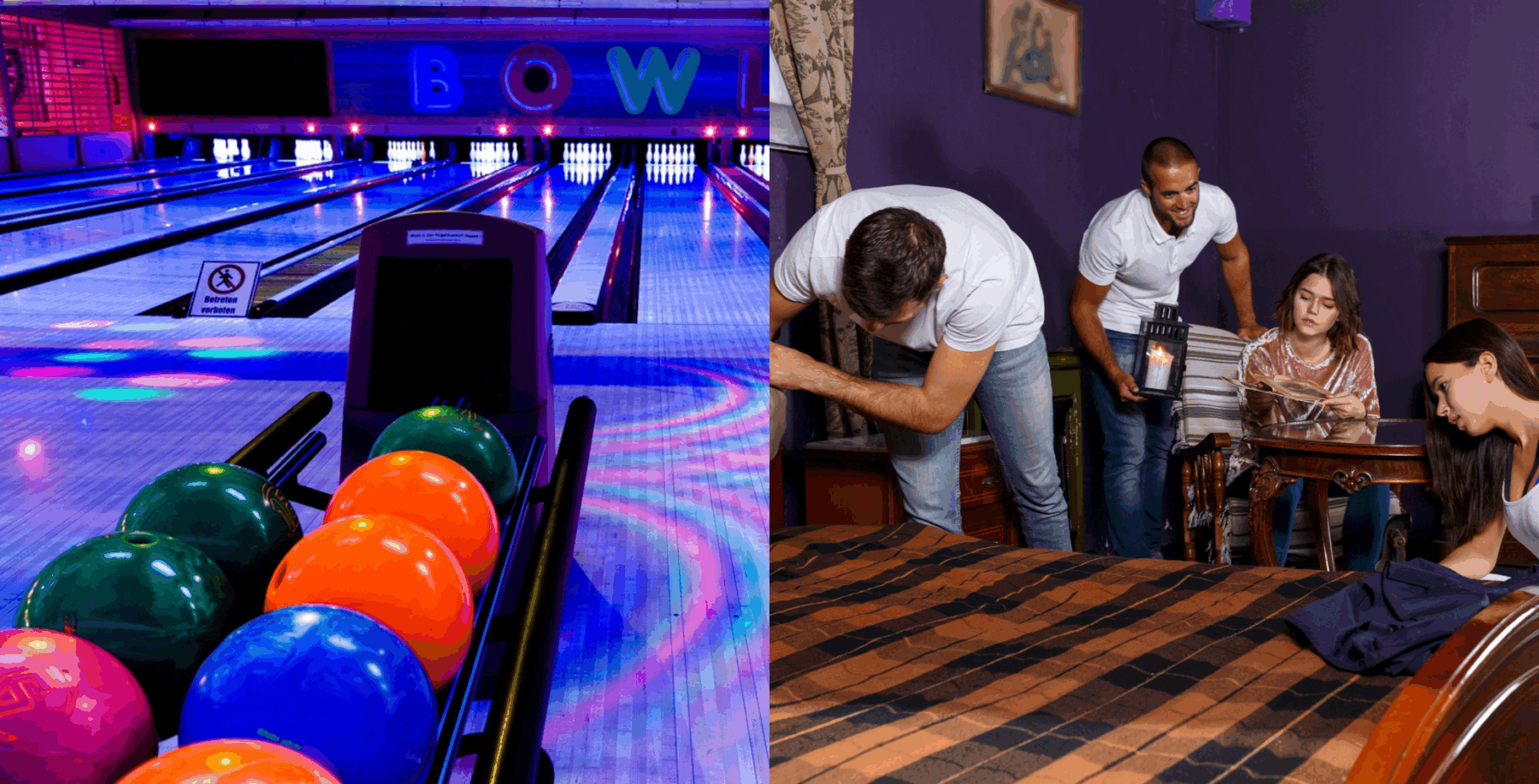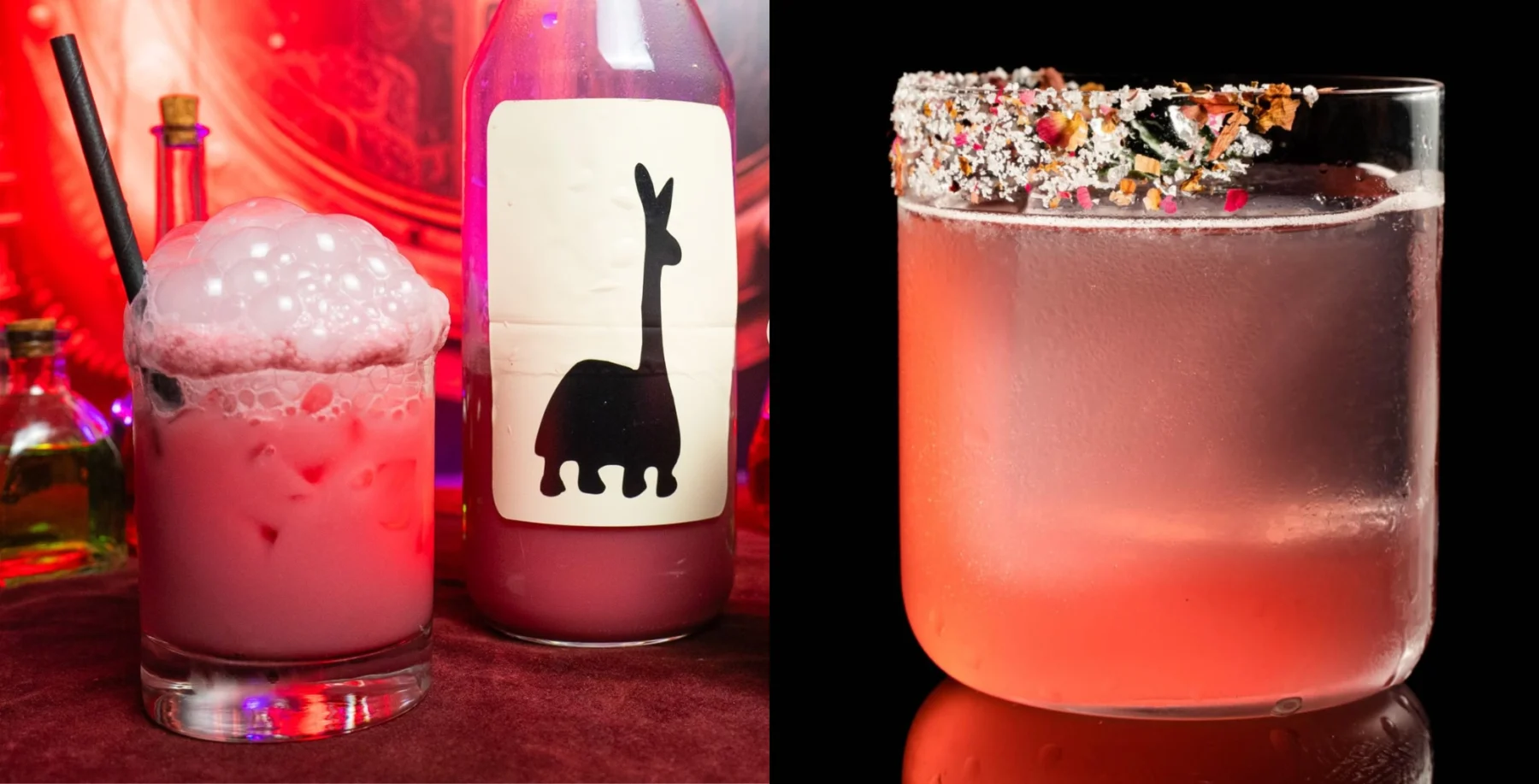
Rating: NNNNN
Q In my view, recycling paper and plastic kills the earth, not saves it. Can someone prove me wrong?
A I’ve heard recycling attacked for being too costly, too inefficient, too messy – but killing the earth? That’s heavy.
There are certain items it would be plain criminal not to recycle, like aluminum cans. Mining bauxite ore (the first step of aluminum production) is devastatingly polluting, and refining and smelting it are just as bad. Nearly two tonnes of greenhouse gases are created for every tonne of aluminum processed. Hello, climate change!
Recycled aluminum, on the other hand, uses 95 per cent less energy and involves zero land carving. Just recycling that one beer can saves enough energy to run a 100 watt bulb for 20 hours. Too bad 50 billion cans were landfilled in the U.S. alone in 01.
Glass isn’t quite as impressive in its energy savings, but a third less energy goes into making glass from crushed recycled bits than from virgin stuff. The numbers are better for closed-loop systems like the Beer Store’s, in which beer bottles are washed and refilled a hundred times.
It won’t work quite that way for glass wine bottles, which will be sorted by colour, then crushed and recycled. Still, the province is hoping to boost recycling rates for wine and liquor bottles to 85 per cent. Not a big difference from Toronto’s current rate for single-family homes, but it’ll rope in underserved apartment dwellers and increase Ontario’s average by up to 20 per cent
But your question wasn’t about aluminum or glass, it was about those other two. No doubt paper recycling is far from perfect. Office paper is generally reborn as toilet paper (ah, the irony) or cardboard, not new office paper, but both those items can be composted or recycled into more cardboard up to five times.
Yes, making recycled newsprint uses 36 per cent more water than the virgin stuff, according to a Environmental Defence research report on the topic, and the process produces more sludge, but it beats virgin newsprint in every other category, according to the very same set of stats. That means they suck back at least 40 per cent less energy and fewer bleaching chems.
Plus, manufacturing other types of recycled paper (fine, cardboard, etc) uses less water than virgin sources.
Oh, and let’s not forget the value of not clear-cutting trees. Sure, the paper biz might replant them, but managed pine forests are not I repeat, not a suitable replacement for boreal old-growth forests. Let nature’s trees do their thing absorbing carbon dioxide. Managed forests absord only half the carbon that established natural forests do. This, in modern equations of the value of recycling paper, is the real scale-tipper.
No doubt plastic recycling isn’t ideal. Nearly every piece of plastic you buy is made primarily of virgin petroleum pellets. Melting down plastic messes with its quality, which is why, when you blue-bin it, it gets down-cycled into carpet, fleece jackets, maybe plant trays. Again, not a perfect system, but I’d rather see a carpet made from recycled plastic than from fresh fuel from the Alberta oil sands or the Middle East. Not to mention that about a third less energy is needed to make recycled plastic for those products.
What we really need is some stiff source-reduction regs to limit the amount of plastic packaging on shelves. Yep, that means going back to the first and most important rule of being green: reduce.
We should also be pushing for a return to glass pop bottles, not the plastic stuff the industry pushed on us decades ago. While we’re writing up a wish list for Premier McGuinty, a deposit return system for those would do wonders to boost recycling rates.
It wouldn’t hurt to enact a total ban on tossing recyclables and organics in the trash either. Halifax does it and its household recycling rate is higher than ours.
In the meantime, we’ve got to do something with the waste we’ve already created. Our new landfill in London is tantamount to that Dutch kid with his finger in the leaky dike not a permanent solution. And Toronto will only reach its 100 per cent diversion target by 2012 if we keep getting better at all three Rs, not just one.












